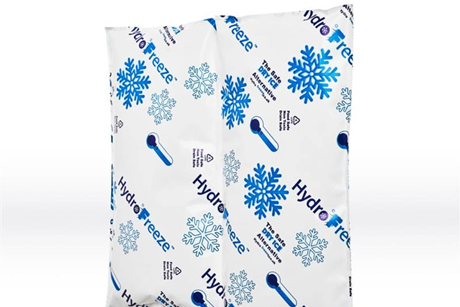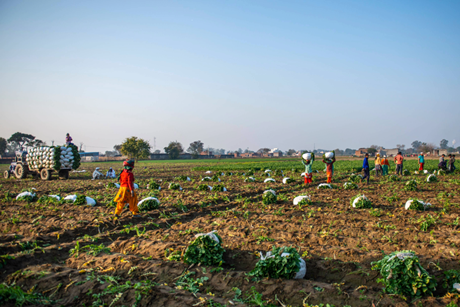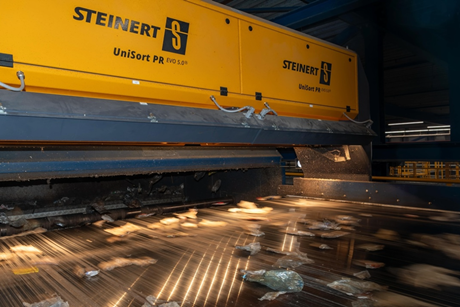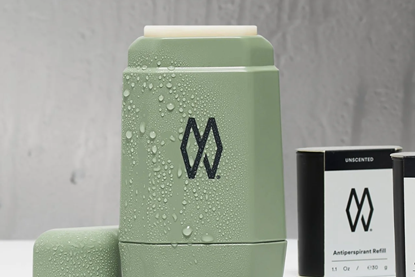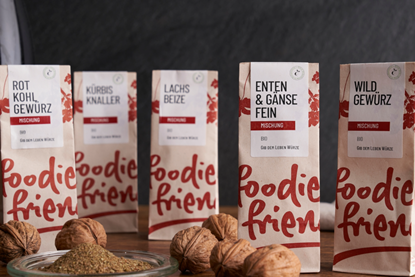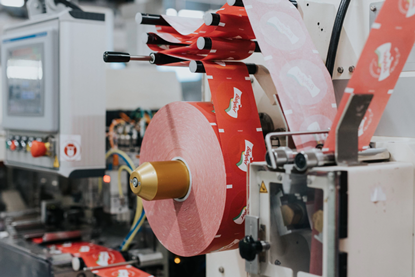Carbon Emissions
Hydropac’s water-based ice packs set to save CO2, energy and material waste
Davos 2026 sees $2 billion investment model to decarbonize supply chains
Nestlé chief executive blames Trump for sustainability silence
Cold-form blister technology downsizes cavities by up to 39%
Cirrec sorts three billion recycled food-grade PET trays with AI system
- Previous
- Next
Carbon Emissions
Hydropac’s water-based ice packs set to save CO2, energy and material waste
Hydropac has updated its HydroFreeze range of water-based ice packs, with the new additions expected to help customers save energy, reduce waste, and use fewer packs for quicker conditioning operations.
Davos 2026 sees $2 billion investment model to decarbonize supply chains
At Davos 2026, Canopy and its partners presented a $2 billion blended finance blueprint to utilize recycled textiles and agricultural residues in packaging – a move helped to cut down on carbon emissions.
Nestlé chief executive blames Trump for sustainability silence
Nestlé’s chief executive allegedly blames President Donald Trump for the brand’s public silence on sustainability, telling employees that he remains committed to net zero emissions.
Cold-form blister technology downsizes cavities by up to 39%
ACG Packaging Materials has revealed SuperPod, its cold-form blister technology believed to downsize blister cavities by up to 39% and use less material per pack.
Cirrec sorts three billion recycled food-grade PET trays with AI system
Faerch company Cirrec is using an AI-based system to sort PET trays from household recycling into a food-grade stream – claiming to sort 60,000 tonnes of plastic and over three billion trays annually.
Make Waves upfronts recycled plastic in antiperspirant and deodorant refills
Make Waves offers a refillable format for antiperspirant and deodorant products – emphasizing that the refills are manufactured onshore, contain recycled plastic, and are recyclable at end-of-life.
Organic spices packaged in recyclable pouches made from agricultural waste
One.Five is helping Foodie & Friends package its organic spices in recyclable barrier packaging made from agricultural residues – a move set to generate 30% less CO2 than petroleum-based polypropylene films.
Nearly 98% of own-brand Asda packaging is reported to be recyclable
Asda’s latest ESG report states that almost 98% of its own-brand packaging is now recyclable, but acknowledges difficulties in sourcing high-quality plastic recyclate and keeping unpackaged products fresh as it pursues other targets.
Taking a closer look at Babybel’s paper packaging roadmap
After revealing its intent to wrap all Babybel cheese snacks in paper by 2027 – a move expected to cut 60% of plastic per net and save 2500 tons of CO2 emissions – the Bel Group has elaborated on its repackaging process and future goals.






